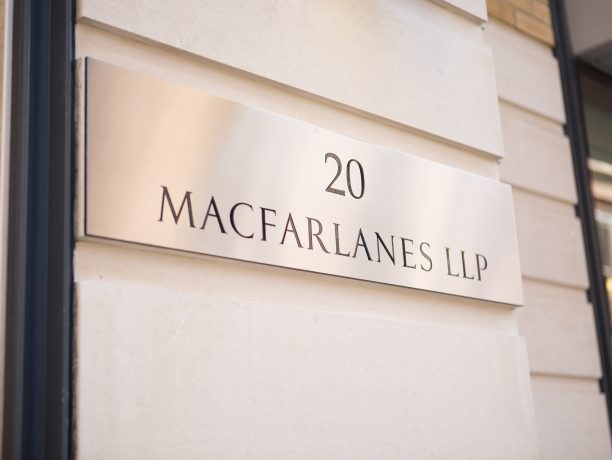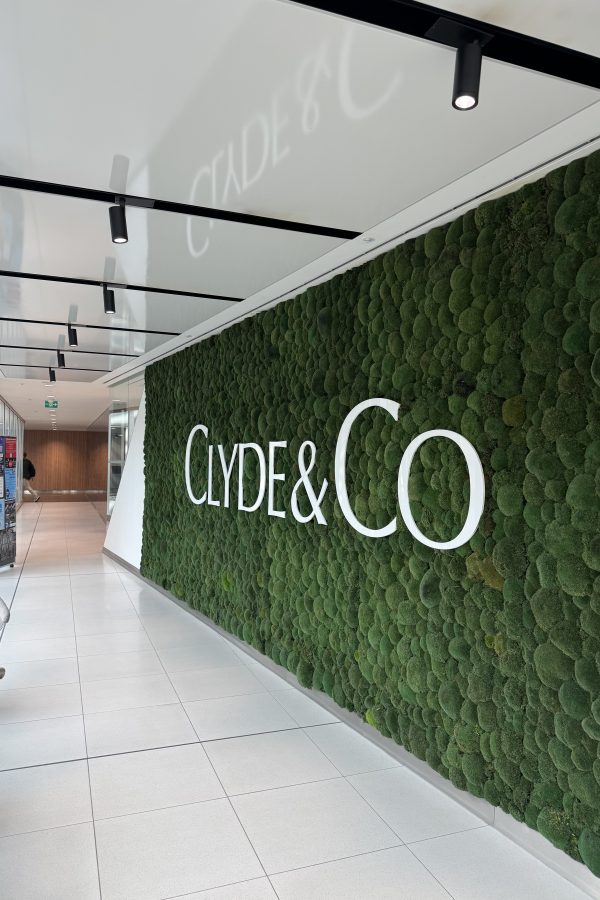While some firms were forced to cancel their summer internship schemes amid office closures last year, Macfarlanes acted quickly to develop a virtual vacation scheme that covered multiple practice areas, thus avoiding having to postpone a programme which candidates had been eager for.
Like many law firms, Macfarlanes sees internship schemes as vital for maintaining its pipeline of trainee solicitors.
“We thought that candidates worked really hard to get this opportunity and we wanted to do as much as we could to honour what they’d signed up to,” explains graduate recruitment and trainee development manager Catherine Morgan-Guest. “We didn’t want to postpone any of our programmes beyond the summer and we wanted to keep the vacation scheme at two weeks. We had to turn our virtual scheme around quickly.”
Catherine’s team worked closely with Macfarlanes’ internal Lawtech team to develop a bespoke system to enable it to shift its schemes to a virtual setting.
The platform, which won the award for Best HR Innovation Through Technology at the 2021 People in Law Awards, brings together remote training and collaboration in a single place which looks and feels similar to the systems used across Macfarlanes.
Tasks were set and completed entirely within the system without the need for participants to use software they may not have access to at home, such as MS Word. A resource library was also available through the platform and collaboration and socialisation were encouraged through integrated instant messaging and chat board functions.
Ciara Kempson, senior graduate recruitment and trainee development adviser, says development began at the end of April and the first scheme went ahead at the beginning of June.
“Different representatives from each practice area were involved in the development and they came up with a number of different tasks for candidates to complete that would be representative of what a trainee could typically be given while working at Macfarlanes, for example drafting documents or a will,” she says.
The Macfarlanes vacation scheme was open to everybody who was interested in becoming a trainee solicitor, regardless of whether they had a legal education background.
Each practice area had three to four mock tasks to complete and candidates were each assigned a supervisor who offered them guidance and feedback.
“During on-boarding participants were sent information from each of our practice areas and they could select a top three they would like to experience,” says Carys Philipps-Harries, graduate recruitment and trainee development adviser. “We try to guarantee they get set tasks from at least one of their top three practice areas, along with another practice area, but candidates are exposed to a lot more areas through talks and virtual coffee sessions.”
Positive feedback
Upon completion of the two-week scheme, candidates were invited to give feedback. The team was “overwhelmed” with the response.
“It’s quite easy for people to sit at home and not engage with a virtual scheme, but everyone we’ve met virtually has made the most of the opportunity,” says Morgan-Guest. “They recognised and appreciated that we had built our own platform which mirrors the internal systems we use, to show them what it’s like to work here.”
Kempson says: “We were particularly surprised with the comments around how candidates felt their experience was just as good as it would have been in our office. They still believed they had a good opportunity to network with people from across the firm and get to know one another, which is a very important element.”
The lack of face-to-face contact did not deter candidates from pursuing a career at Macfarlanes. Of the 33 trainee solicitors hired by the firm in 2020, 20 were recruited following the virtual vacation scheme.
With offices gradually re-opening, the firm expects to revert back to in-person vacation schemes to give candidates the full Macfarlanes working experience. However, it still sees the value in delivering some of its programmes and events virtually – particularly to enable better access to social mobility candidates and to reach wider audiences.
Morgan-Guest says: “People may find it difficult to afford to stay in London for programmes, so we’re keen to use what we’ve learnt from this exercise to open up some of our programmes to people from different backgrounds.”










